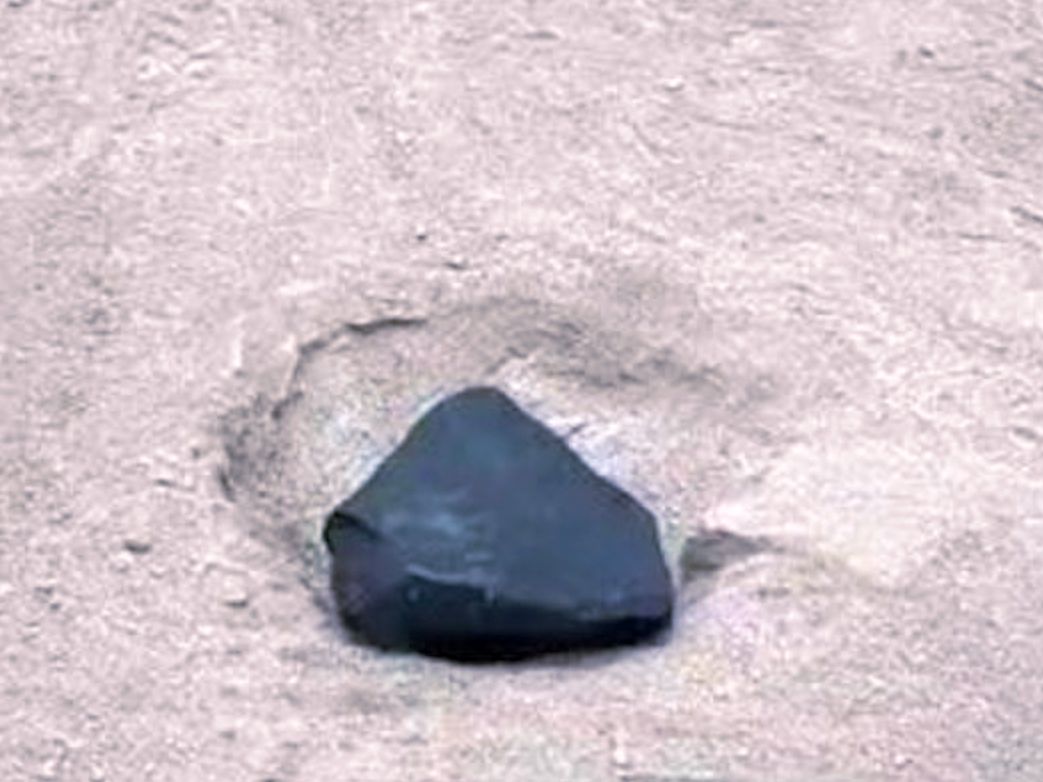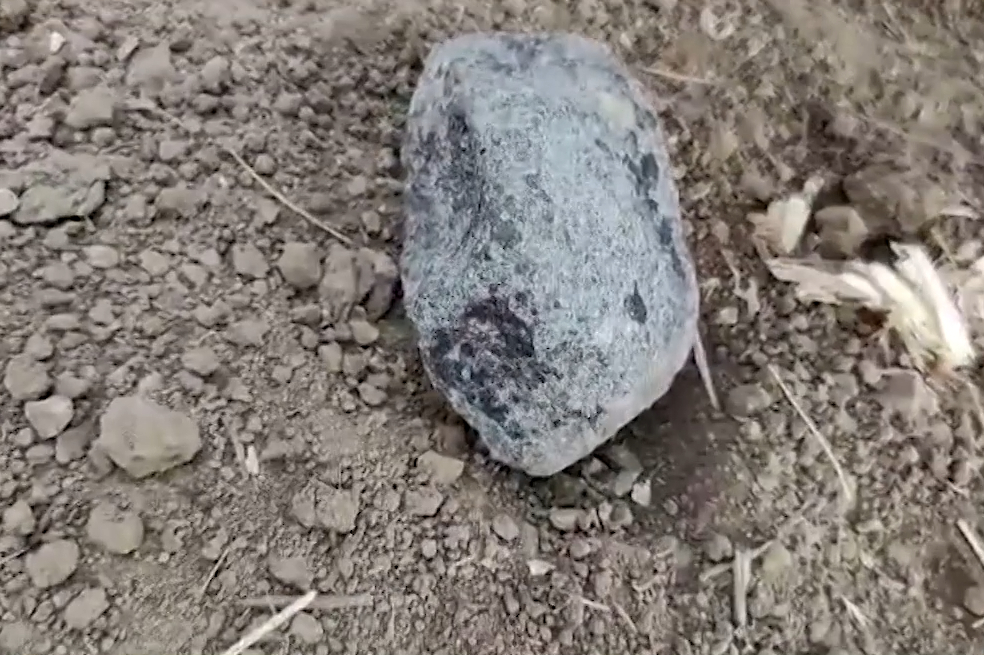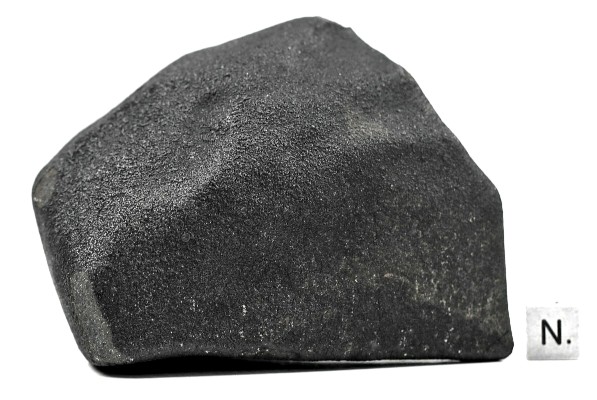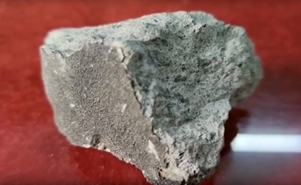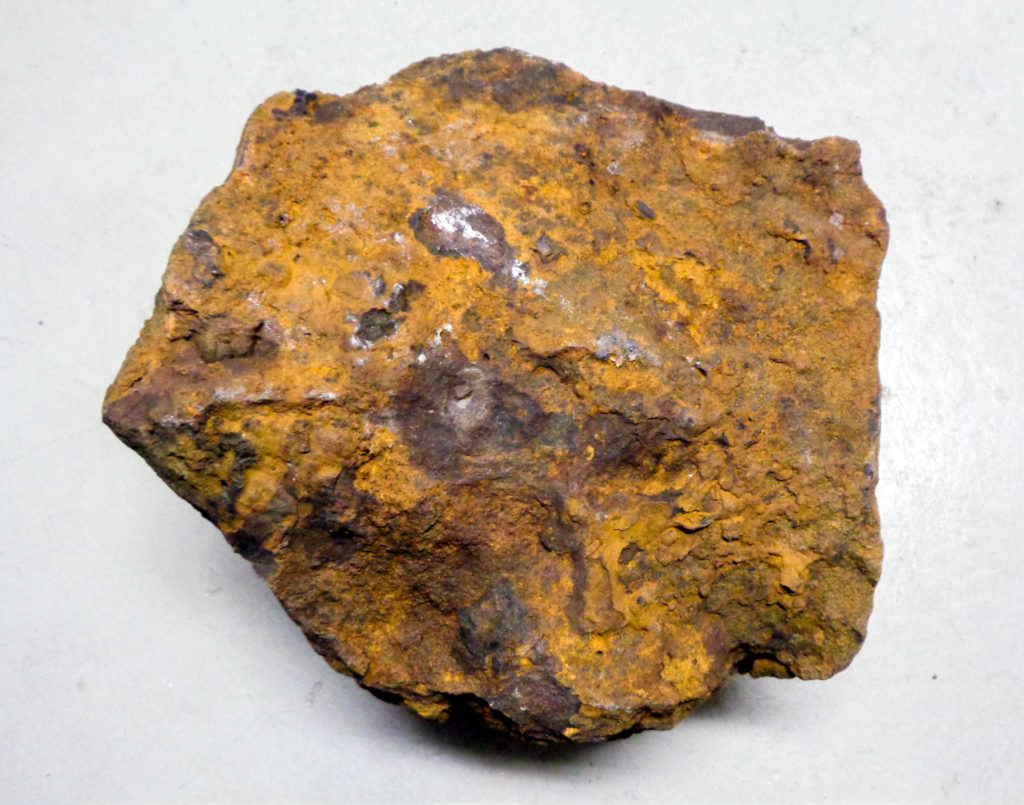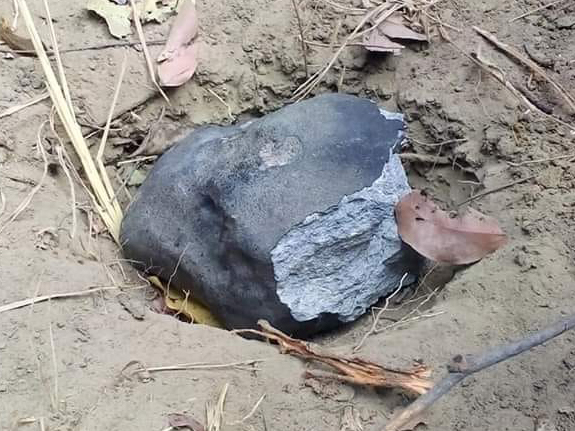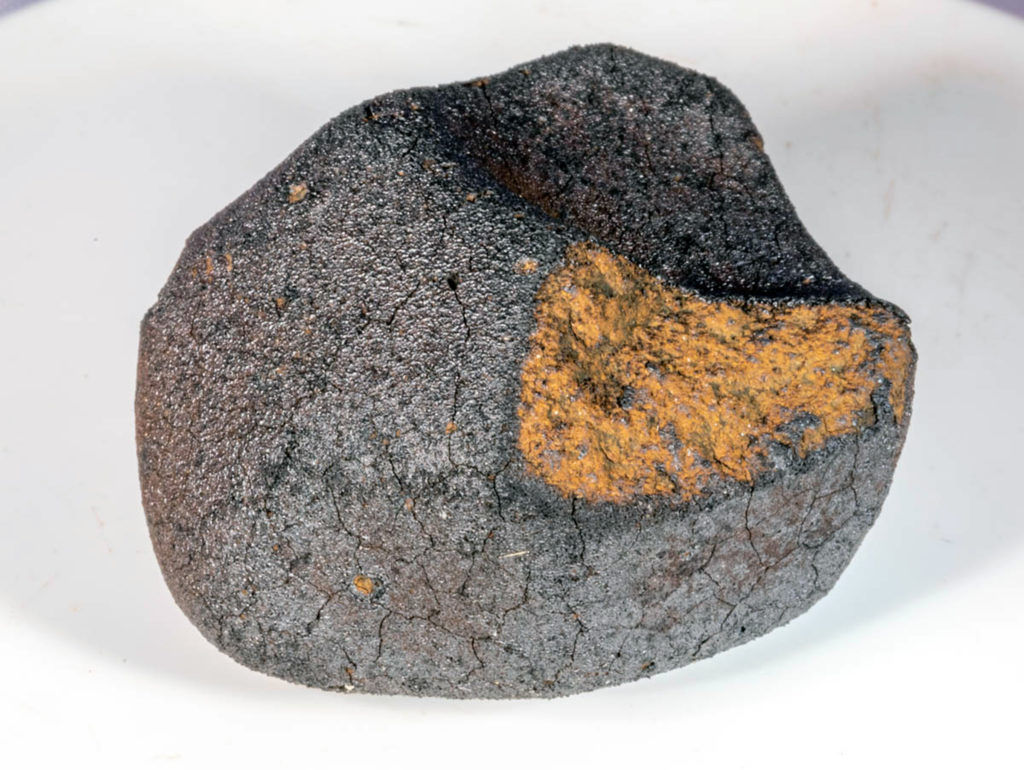Experimental constraints on the ordinary chondrite shock darkening caused by asteroid collisionsOPEN ACCESS
T. Kohout, E. V. Petrova, G. A. Yakovlev, V. I. Grokhovsky, A. Penttilä, A. Maturilli, J.-G. Moreau, S. V. Berzin, J. Wasiljeff, I. A. Danilenko, D. A. Zamyatin, R. F. Muftakhetdinova, M. Heikkilä
Astronomy & Astrophysics
” Shock-induced changes in ordinary chondrite meteorites related to impacts or planetary collisions are known to be capable of altering their optical properties. Thus, one can hypothesize that a significant portion of the ordinary chondrite material may be hidden within the observed dark C/X asteroid population. The exact pressure-temperature conditions of the shock-induced darkening are not well constrained. Thus, we experimentally investigate the gradual changes in the chondrite material optical properties as a function of the shock pressure. A spherical shock experiment with Chelyabinsk LL5 was performed in order to study the changes in its optical properties. The spherical shock experiment geometry allows for a gradual increase of shock pressure from ∼15 GPa at a rim toward hundreds of gigapascals in the center. Four distinct zones were observed with an increasing shock load. The optical changes are minimal up to ∼50 GPa. In the region of ∼50–60 GPa, shock darkening occurs due to the troilite melt infusion into silicates. This process abruptly ceases at pressures of ∼60 GPa due to an onset of silicate melting. At pressures higher than ∼150 GPa, recrystallization occurs and is associated with a second-stage shock darkening due to fine troilite-metal eutectic grains. The shock darkening affects the ultraviolet, visible, and near-infrared (UV, VIS, and NIR) region while changes to the MIR spectrum are minimal. Shock darkening is caused by two distinct mechanisms with characteristic pressure regions, which are separated by an interval where the darkening ceases. This implies a reduced amount of shock-darkened material produced during the asteroid collisions. “

